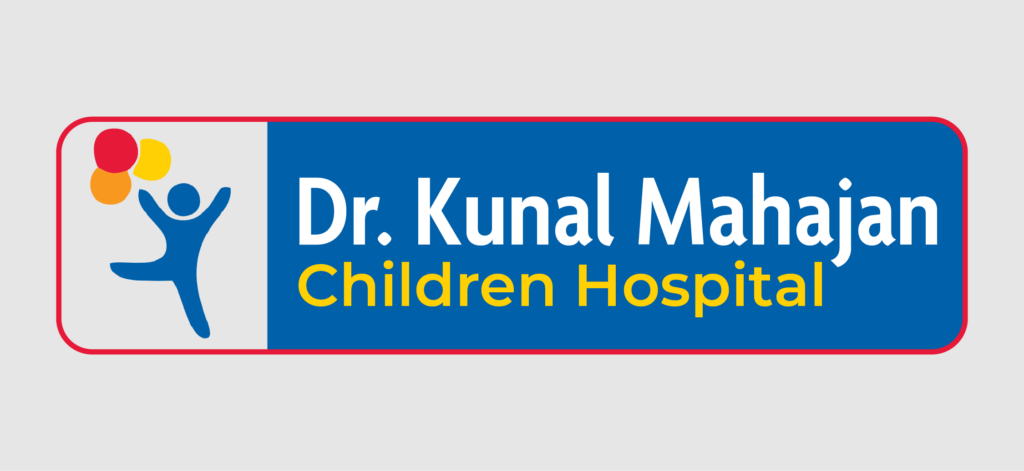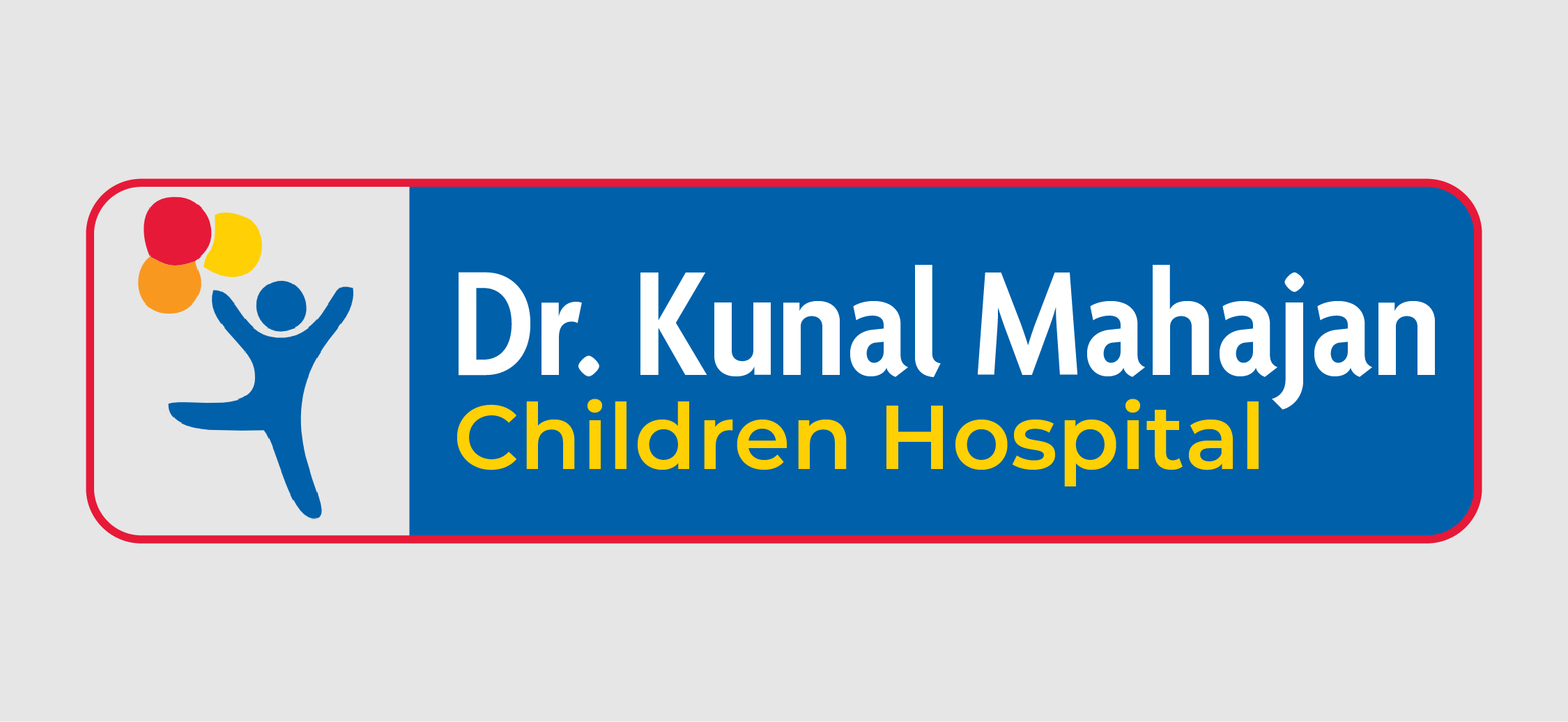Pediatric Epilepsy

At Dr. Kunal Mahajan Children’s Hospital, we offer specialized services for the diagnosis, treatment, and management of pediatric epilepsy. Epilepsy is a neurological disorder characterized by recurrent seizures, which are sudden, uncontrolled electrical disturbances in the brain. Pediatric epilepsy requires comprehensive care from a multidisciplinary team of pediatric neurologists, epileptologists, neurosurgeons, neuropsychologists, nurses, and support staff to effectively manage seizures, optimize treatment outcomes, and improve quality of life for children and their families.
Diagnosis: Accurate diagnosis of pediatric epilepsy is essential for guiding treatment and management strategies. Our experienced pediatric neurologists conduct thorough evaluations to assess children’s medical history, seizure semiology, neurodevelopmental status, and potential underlying causes or risk factors for epilepsy. Diagnostic tests, such as electroencephalography (EEG), magnetic resonance imaging (MRI), and blood tests, may be performed to confirm the diagnosis, identify seizure types, localize seizure onset zones, and evaluate for any structural or metabolic abnormalities in the brain.
Classification: Epilepsy encompasses a spectrum of seizure disorders with diverse etiologies, seizure types, and clinical presentations. Common types of pediatric epilepsy include:
Idiopathic Generalized Epilepsy: Idiopathic generalized epilepsy is characterized by seizures that originate in both hemispheres of the brain and typically manifest as generalized tonic-clonic seizures, absence seizures, myoclonic seizures, or atonic seizures without a clear structural or metabolic cause.
Focal (Partial) Epilepsy: Focal epilepsy involves seizures that originate in a specific area of the brain and may manifest with focal motor seizures, focal sensory seizures, focal autonomic seizures, or focal impaired awareness seizures, depending on the region of brain involvement.
Infantile Spasms: Infantile spasms are a specific type of epileptic seizure syndrome that typically occurs in infants and young children and presents with clusters of brief, symmetric muscle contractions or spasms, often accompanied by developmental regression and electroencephalographic abnormalities.
Lennox-Gastaut Syndrome: Lennox-Gastaut syndrome is a severe form of childhood epilepsy characterized by multiple seizure types, cognitive impairment, and electroencephalographic abnormalities, often refractory to conventional treatments.
Treatment: Treatment for pediatric epilepsy aims to control seizures, minimize seizure-related complications, and improve quality of life. Our hospital offers a comprehensive range of treatment options for pediatric epilepsy, including:
Antiepileptic Medications: Antiepileptic medications (anticonvulsants) are the cornerstone of epilepsy treatment and are prescribed to reduce seizure frequency, severity, and duration. Our pediatric neurologists carefully select and titrate medications based on seizure type, epilepsy syndrome, age, weight, comorbidities, and potential side effects. We provide ongoing monitoring, medication adjustments, and therapeutic drug monitoring to optimize seizure control while minimizing adverse effects.
Ketogenic Diet: The ketogenic diet is a high-fat, low-carbohydrate, and adequate-protein dietary therapy that has been shown to be effective in reducing seizures in children with refractory epilepsy. Our hospital offers comprehensive ketogenic diet programs, including dietary assessment, meal planning, nutritional counseling, and ongoing monitoring to support children and families in implementing and maintaining the ketogenic diet safely and effectively.
Vagus Nerve Stimulation (VNS): Vagus nerve stimulation is a non-pharmacological treatment option for children with refractory epilepsy who have not responded to conventional medications. Our neurosurgeons implant a small device called a vagus nerve stimulator under the skin of the chest, which delivers electrical impulses to the vagus nerve to modulate brain activity and reduce seizure frequency.
- Neuropsychological Evaluation and Support: Pediatric epilepsy can have significant cognitive, behavioral, and psychosocial implications for children and families. Our neuropsychologists provide comprehensive neuropsychological evaluations, cognitive assessments, and psychosocial support services to address cognitive functioning, emotional adjustment, academic performance, and quality of life for children with epilepsy and their families.


